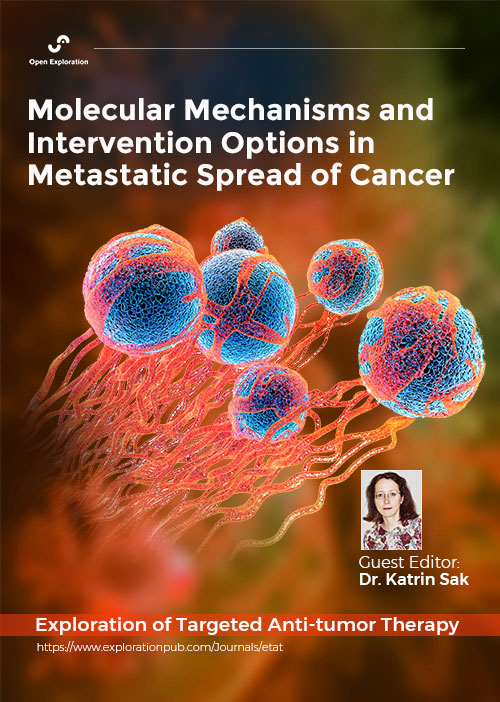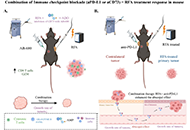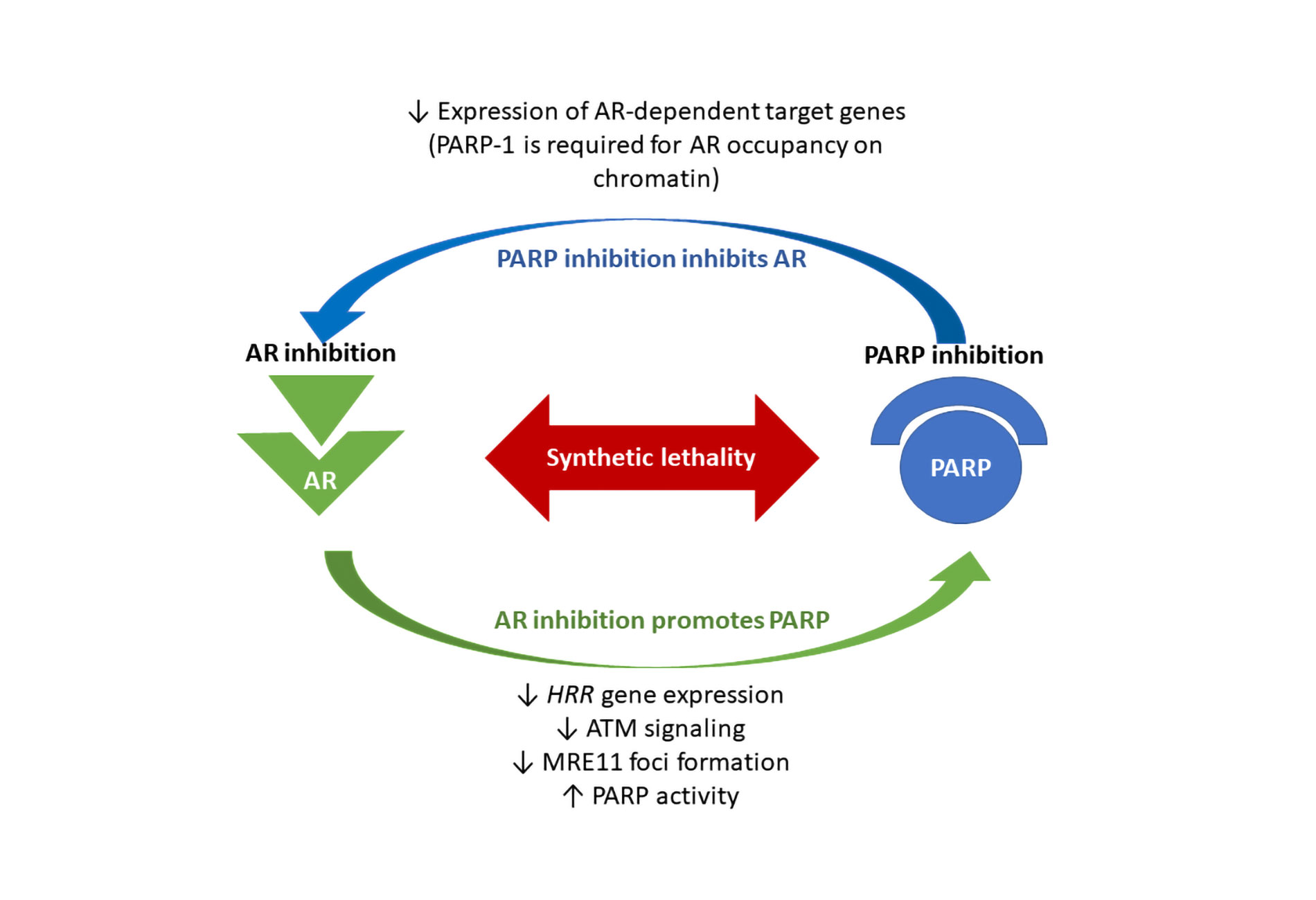
Molecular Mechanisms and Intervention Options in Metastatic Spread of Cancer
Guest Editor
Dr. Katrin Sak E-Mail
NGO Praeventio, Tartu, Estonia
About the Special lssue
Metastasis is the final and most devastating step in carcinogenesis, being the leading cause of cancer-related deaths. This multistep and complex process encompasses detachment of tumoral cells from the primary neoplasm, their migration and invasion through extracellular matrix, intravasation into bloodstream, survival within the circulation, extravasation and formation of secondary lesions in different distant sites. Despite the recent extensive research, there are still many unsolved aspects regarding molecular mechanisms of metastatic cascade, early detection of cancer spread as well as its targeting strategies. The availability of antimetastatic drugs is limited, while conventional therapeutic options, such as certain cytotoxic drugs, have been found to sometimes even promote the metastatic spread. Therefore, this special issue is devoted to the studies on all aspects of cancer metastasis to better understand its biological mechanisms and develop new efficient options for intervening in this multistep process. Both in vitro and in vivo studies as well as case reports and clinical trials focusing on novel antimetastatic agents, their cellular targets and action mechanisms are very welcomed to be submitted to this special issue.
Keywords: Metastasis; cancer spread; migration; invasion; angiogenesis; molecular mechanisms; cellular signaling cascades; antimetastatic agents; novel anticancer therapies
Published Articles

